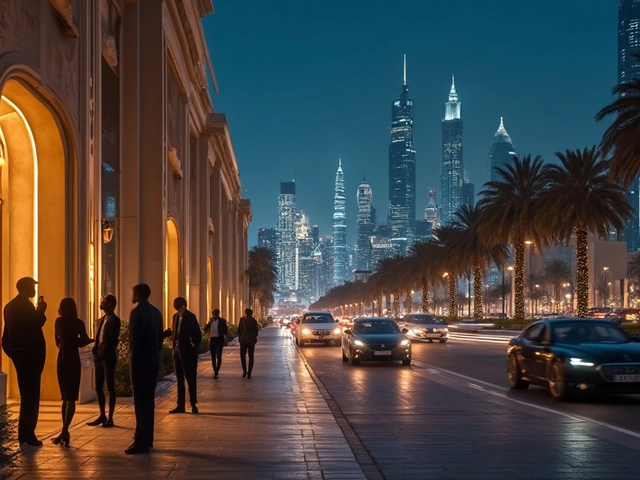
Sex Work Legalization: What You Need to Know
If you’ve heard the term “sex work legalization” and wonder how it affects you, you’re not alone. People talk about it a lot in the news, on forums, and even in casual chats. The short answer is: legalization changes the rules that govern sex work, often aiming to make it safer for everyone involved. Below we break down the basics, why some places go for it, and what the reality looks like in the UAE.
Why Some Countries Choose Legalization
Many governments say they legalize sex work to protect workers from violence and exploitation. When the trade is regulated, authorities can require health checks, enforce age limits, and monitor illegal activities. Countries like New Zealand and parts of Europe have seen lower rates of assault and better health outcomes under regulated systems. Legalization also creates tax revenue and reduces the burden on the criminal justice system.
But it’s not a magic fix. Some critics argue that legal markets can still be infiltrated by organized crime, especially when loopholes let illicit operators hide in plain sight. The success of any system depends on how well the law is enforced and how much support services—like counseling and job training—are offered to workers.
What Legalization Means in the UAE
In the United Arab Emirates, the story is different. The law still classifies prostitution as a criminal offense, and there are heavy penalties for both providers and clients. There’s no official move toward legalization or de‑criminalization at the federal level, and each emirate follows the same strict stance.
That doesn’t stop people from looking for work or services, though. Many operate underground, which makes things risky. Without legal protection, workers can face arrest, detention, or deportation, and clients risk fines or imprisonment. The lack of regulation also means no health checks, no labor rights, and no safety nets.
For anyone considering a role in this industry—whether as a worker or a client—understanding the local legal landscape is crucial. Stay aware of the penalties, keep personal safety a top priority, and seek reputable, discreet services that respect privacy. If you’re an activist or policy watcher, keep an eye on regional debates; a few Gulf nations are slowly discussing reforms, but progress is slow.
Bottom line: legalization can bring safety and rights, but only where it’s truly enforced. In the UAE, the current legal framework stays hostile, so the best approach is caution and staying informed. Keep these facts in mind, and you’ll navigate the topic with a clearer picture of what’s at stake.
-
16 May



